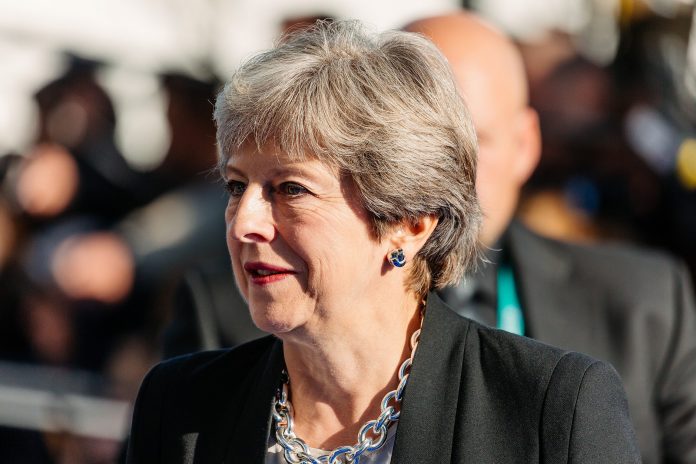Russia poses a threat to the European Union, according to British Prime Minister Theresa May, who is seeking a united backing against Moscow after the poisoning of an ex-spy in England.
At an EU summit in Brussels on March 22, May told her colleagues the attack on Sergei Skripal and his daughter Yulia in the city of Salisbury using a deadly Soviet-developed nerve agent showed the Russian menace “doesn’t respect borders”.
As reported by the Agence France-Presse (AFP), May’s warning came as a British police officer who was also contaminated in the March 4 attack was released from hospital.
While the US, France and Germany have swung behind London, saying they accept the UK assessment that the Russian state is the only plausible culprit, other EU countries keen to protect their Kremlin ties – notably Greece and Italy – want a softer line.
“It is clear that the Russian threat doesn’t respect borders and indeed the incident in Salisbury was part of a pattern of Russian aggression against Europe and its near neighbours,” May told reporters as she arrived in Brussels.
She is expected to tell them over dinner that the threat from the east will continue “for years to come”, and long after Britain leaves the bloc in 2019.
According to AFP, the poisoning has triggered a furious diplomatic row between London and Moscow, with tit-for-tat expulsions of diplomats on both sides, while the Kremlin denies any responsibility and Russian state media have offered numerous alternative explanations.
A French presidency source said Paris was ready to act. “Some countries, like France, are ready for possible measures to be decided at a national level in cooperation with other European countries,” the source said.
Greek Prime Minister Alexis Tsipras, however, urged caution in the response over Salisbury, saying “we have to be very responsible”.
Other leaders including Bulgarian Prime Minister Boyko Borisov and Luxembourg Prime Minister Xavier Bettel said they needed to see more evidence.

